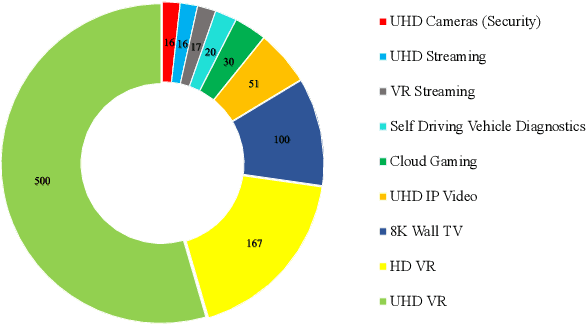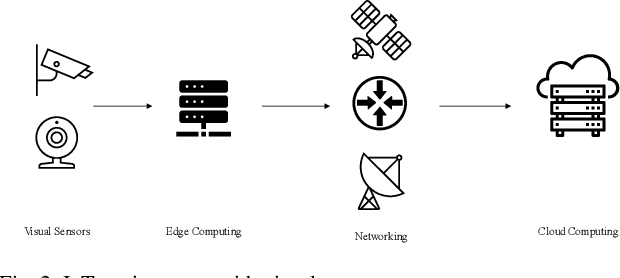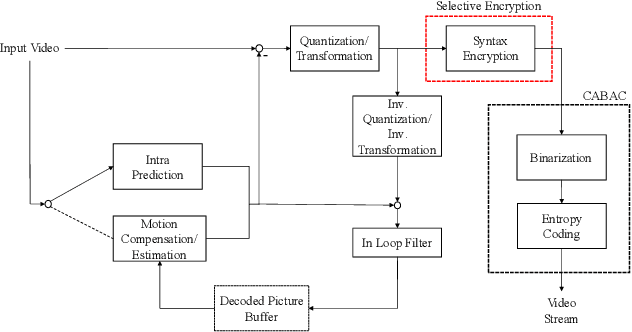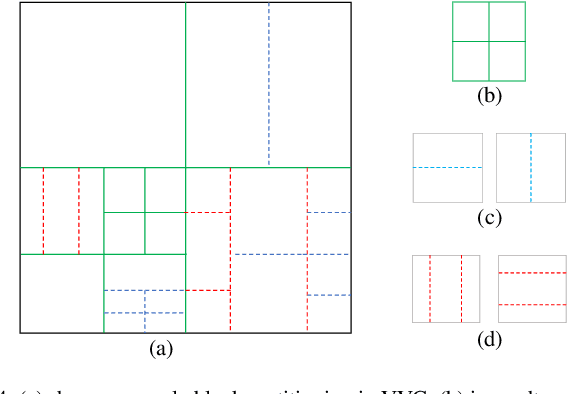Amir Fotovvat
Selective Encryption of VVC Encoded Video Streams for the Internet of Video Things
Mar 27, 2021



Abstract:Visual sensors serve as a critical component of the Internet of Things (IoT). There is an ever-increasing demand for broad applications and higher resolutions of videos and cameras in smart homes and smart cities, such as in security cameras. To utilize this large volume of video data generated from networks of visual sensors for various machine vision applications, it needs to be compressed and securely transmitted over the Internet. H.266/VVC, as the new compression standard, brings the highest compression for visual data. To provide security along with high compression, a selective encryption method for hiding information of videos is presented for this new compression standard. Selective encryption methods can lower the computation overhead of the encryption while keeping the video bitstream format which is useful when the video goes into untrusted blocks such as transcoding or watermarking. Syntax elements that represent considerable information are selected for the encryption, i.e., luma Intra Prediction Modes (IPMs), Motion Vector Difference (MVD), and residual signs., then the results of the proposed method are investigated in terms of visual security and bit rate change. Our experiments show that the encrypted videos provide higher visual security compared to other similar works in previous standards, and integration of the presented encryption scheme into the VVC encoder has little impact on the bit rate efficiency (results in 2% to 3% bit rate increase).
 Add to Chrome
Add to Chrome Add to Firefox
Add to Firefox Add to Edge
Add to Edge